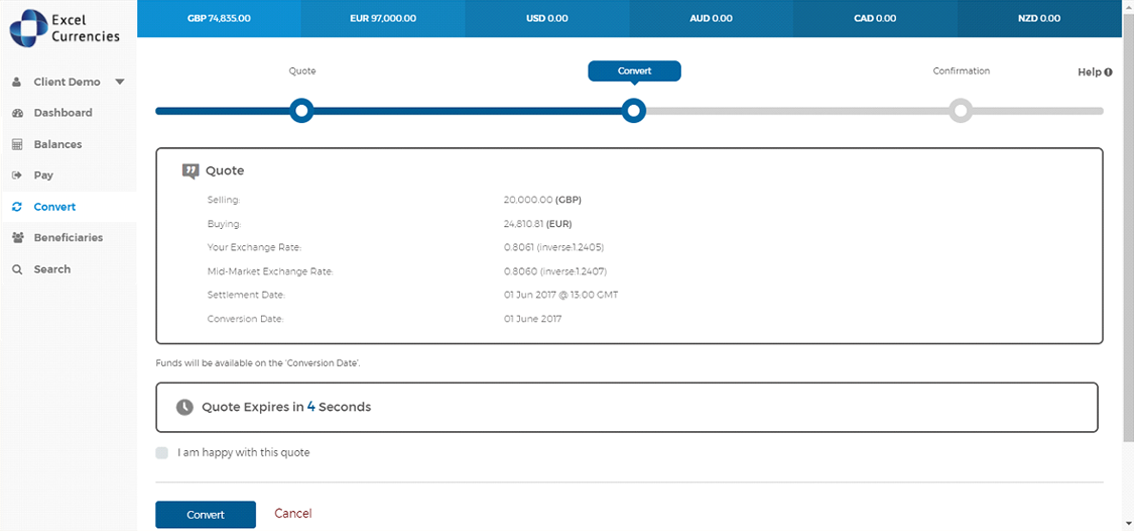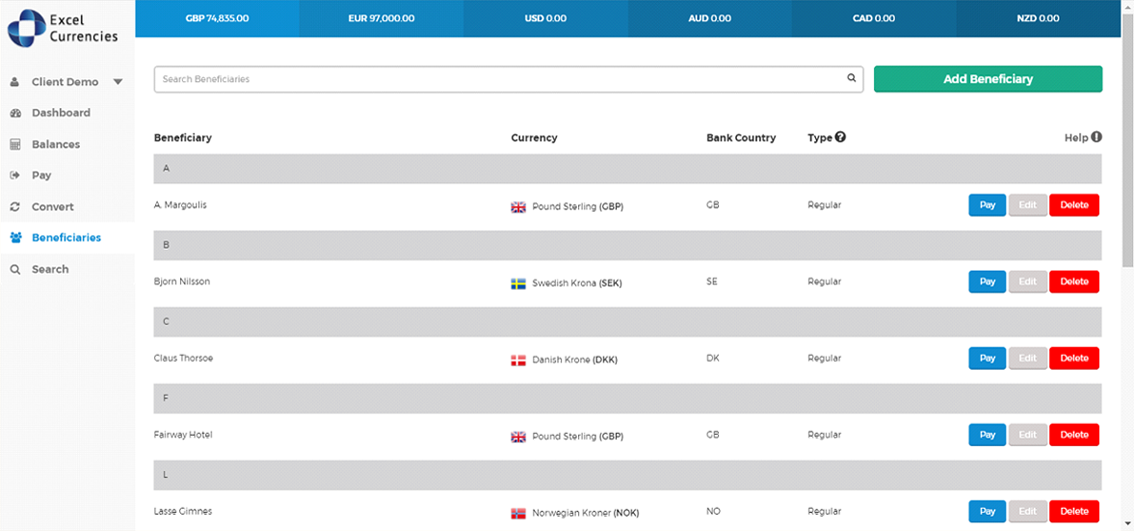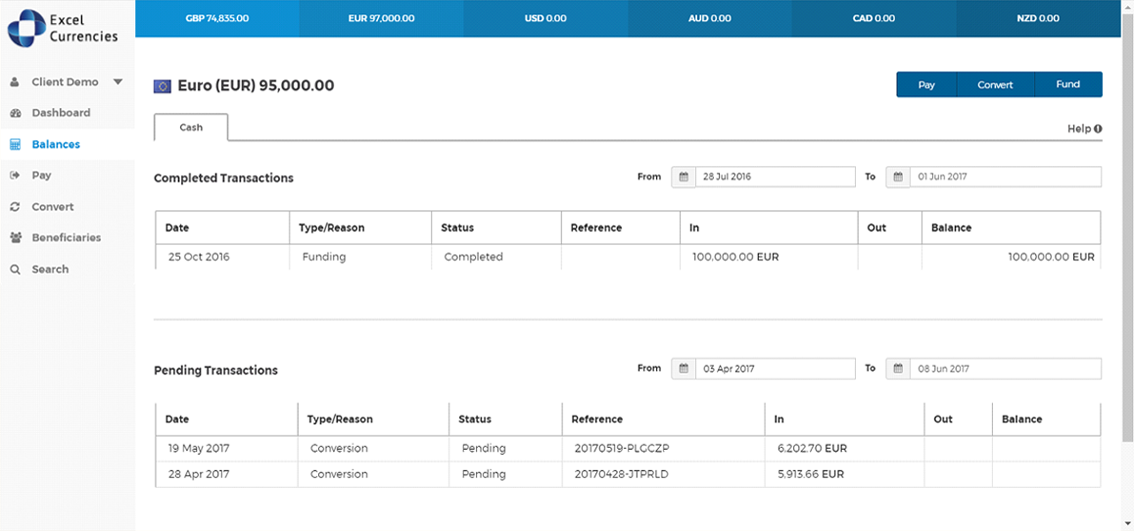Our accounting partner explains the many roles of a bookkeeper..
For many business owners, working out financial figures isn’t one of the favourite jobs they do. With many incomings and outgoing to consider, and all calculations having to be exact, it can be a tricky part of the job. This is why bookkeepers are so important.
For businesses of any size, having a professional bookkeeper who can install a smooth process that can help to gain control of their finances and keep track of spending is a big positive. But what exactly does a bookkeeper do? And what does the average day for a professional bookkeeper look like? Lets’ take a look..
Keeping Track of Transactions
One of the key roles of a bookkeeper is to make sure every transaction is recorded, and the total is removed or added to the financial figures. All of this data must be saved in the correct place and must be easily accessible to anyone who may need to find it.
Making sure each transaction is classified in the correct way and all information is correct is a key part of the bookkeeping process, and always being up to date and accurate makes for an efficient overall accounting system.
Tax Submission Preparation
One of the most important periods of the accounting process is the build-up and preparations for your tax applications. A bookkeeper will help out in various aspects with your tax submissions and use their own knowledge plus work with other accounting professionals to ensure you always comply with tax regulations and your tax forms are always accurate and properly filled.
By making sure there are no issues, you eradicate the risk of spending time and money rectifying problems further down the line.
Provide Support
It’s not all data entry with bookkeepers, and another part of their job that often goes under the radar is the fact they are there to provide support. If there are elements of your bookkeeping that you need explaining, or you have concerns with your cashflow or other accounting figures, a bookkeeper will be able to assess your finances and provide advice.
This includes forecasting future projections and providing everything you need to understand your company’s financial position so that you can discuss it with your accountant and other important decision-makers in your business.
Data Entry
Making sure all of your financial records are well maintained and up to date is a vital part of bookkeeping and filing away (digitally in many instances) your receipts, invoices, and other transactions means everything is in the right place and accounted for at all times.
It isn’t easy to keep up with all of your transactions, especially when working with a small team when everyone has other roles to fulfil, so this is a real benefit of outsourcing with a bookkeeper. It is a bookkeeper’s job to ensure your finances are always correct and all payments can be checked back in case of any discrepancies, and this role is key in making sure you can do this when needed.
Make the Most of Your Software
When it comes to keeping track and calculating your financial figures, you might have signed up for an accounting software. There are some great tools available such as Xero and QuickBooks which are well known throughout the world of accounting and beyond.
A bookkeeper will work with you and advise on what will be the best software for your company, taking into account your technical proficiency, company size, and much more. They can also use the system on your behalf to keep track of your business finances using the suite to its full potential, even pulling insightful reports you may not have even known could be run.
This will compliment your business activities and drive your business forwards using projections and analytics in a way you may not have known possible.
Help to Create Management Accounts
Management accounts are internal financial reports that are used by many businesses to get a clear view of their finances. They can contain many different reports, and often have KPIs that can be assessed and checked.
Management accounts are often prepared at regular intervals, such as every month or even every week in some instances. A bookkeeper will help you preparing your management accounts by making sure all of your figures are up to date and where they need to be, as well as helping dissect the findings with you and compiling the reports.
Communicate with Other Team Members
A bookkeeper is not the only person who is responsible for your accounts. There are also team members who work with the invoices and get the receipts, as well as accountants and stakeholders who are part of the overall team.
A bookkeeper will work closely with every member of the finance team and communicate and collaborate when needed to ensure all financial reporting is accurate and all issues are quickly rectified.
Produce Reports
In accounting, having clear and concise reports which can show the financial position of a company is vital. Part of bookkeeping is preparing these reports and talking through them with a company to ensure they fully understand what they are looking at.
This may contain income figures, cash flow statements, fixed asset value, balance sheets, and more, and can be a big help in providing an overview of your company’s finances.
Handle Data Security
A lot of the information handled by bookkeepers is highly sensitive and contains details about not just your company, but others as well. Your chosen bookkeeper will always be on top of all privacy regulations and will make sure every aspect of this is covered when filing and preparing your records.
They will also implement measures to guard against unauthorised access and data breaches so you can rest assured your financial information is safe.
Resolve any Discrepancies
There are many issues that can arise when working on accounts, but most of these come from inaccurate or missed figures. A bookkeeper will always be on hand to help figure out any issues and work out where the mistake has been made.
With a professional handling your accounts, the chance of these issues occurring is low, but when it does happen having someone who knows your company and regularly works with your figures is a big help in getting things back looking how they should.
For help with your accounting needs and to see a quick transparent price list from our partner, please fill out the section to the right and they will be in touch with you shortly.

 Twitter
Twitter Facebook
Facebook linkedin
linkedin Google
Google








